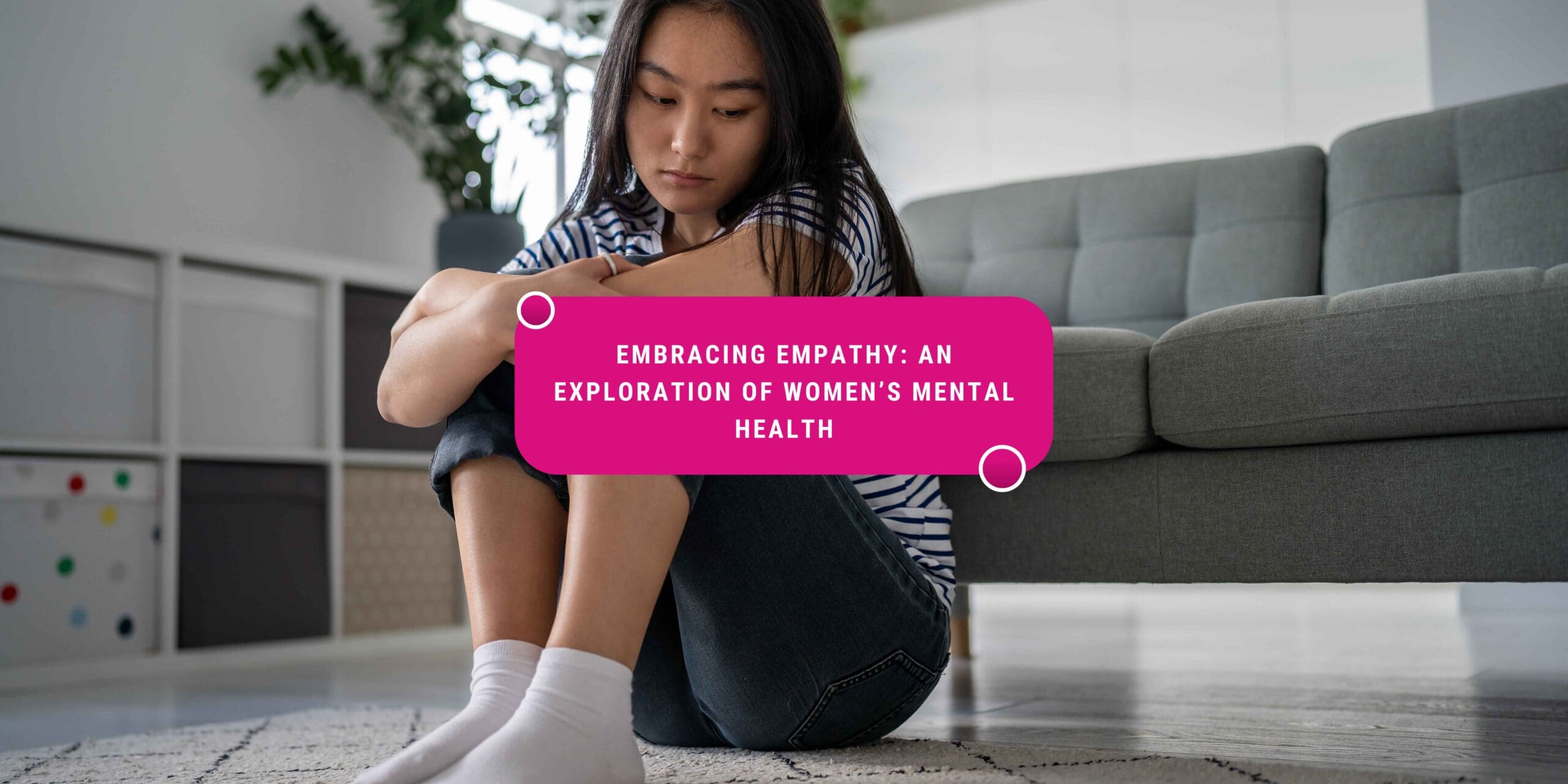Women’s mental health is a very personal and frequently complex journey influenced by a wide range of circumstances. In this article, we will delve into the complicated tapestry of women’s mental health difficulties, with the goal of providing a perspective that is relevant to the particular experiences and challenges that many women confront. We can all help to create a more compassionate and inclusive conversation around women’s mental health by cultivating understanding, empathy, and support.
The Weight of Expectations: Balancing Act of Modern Womanhood
The modern woman frequently performs a difficult balancing act, between cultural expectations, professional goals, familial duties, and personal interests. The weight of these expectations can cause tension, anxiety, and feelings of inadequacy. Understanding that women are not defined by their ability to meet external standards, but rather as varied persons with diverse needs, is critical to fostering mental health.
Navigating Hormonal Shifts: A Rollercoaster of Emotions
Hormonal changes, such as those associated with the menstrual cycle, pregnancy, and menopause, can have a substantial impact on a woman’s mental health. Emotional changes throughout these periods are more than just biological; they are intertwined with societal attitudes, which frequently lead to the discounting or trivialization of women’s feelings. Recognizing and acknowledging these experiences helps create a more supportive atmosphere.
Body Image and Self-Worth: Unraveling Societal Pressures
Societal demands on body image can have a negative impact on women’s mental health, leading to feelings of inadequacy and self-doubt. The constant bombardment of unattainable beauty standards fostered by the media and societal norms can lead to unhappiness and eating problems. Empowering women to accept their bodies in all of their diversity is an important step toward promoting great mental health.
Maternal Mental Health: The Silent Struggle
The journey to motherhood brings about deep physical and emotional changes. Maternal mental health disorders, such as postpartum depression and anxiety, are frequently overlooked due to cultural expectations of the joys of motherhood. Normalizing discussions about these issues is critical to offering the support and understanding that moms require during this transitional period.
Intersectionality: Recognizing Diverse Experiences
Women’s mental health is not a homogenous experience; it intersects with many facets of identity, including race, sexual orientation, and financial background. Recognizing the particular issues faced by women from various backgrounds is critical for developing mental health efforts that are inclusive and accessible to all.
The Stigma of Seeking Help: Breaking Down Barriers
Despite growing awareness, seeking mental health care can still be stigmatizing, discouraging many women from getting help. We can establish a culture that values seeking help as a sign of strength rather than weakness by encouraging open talks and removing the stigma associated with mental health.
Trauma and Resilience: Navigating Healing Paths
Many women are burdened by past traumas, ranging from domestic violence to sexual assault, which have a negative influence on their mental health and wellbeing. Recognizing survivors’ resilience and offering trauma-informed support systems are critical steps toward promoting recovery and empowerment.
The Importance of Connection: Building Supportive Communities
Loneliness and solitude can worsen mental health issues. Building supportive networks that value connection, understanding, and empathy lays the groundwork for women to share their stories, seek counsel, and find comfort in knowing they are not alone.
Understanding women’s mental health necessitates a sophisticated and compassionate approach that transcends clinical standards. By addressing the intricate interaction of cultural, biological, and personal variables, we may create an environment in which women feel seen, acknowledged, and supported on their mental health journeys. Let us cultivate a culture that honors resilience, values variety, and promotes every woman’s well-being, acknowledging that mental health is an essential component of her full and unique human experience. Together, through empathy and understanding, we can help to create a society in which women’s mental health is not simply a topic of conversation, but a foundation for compassionate and inclusive care.



